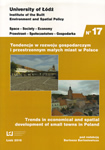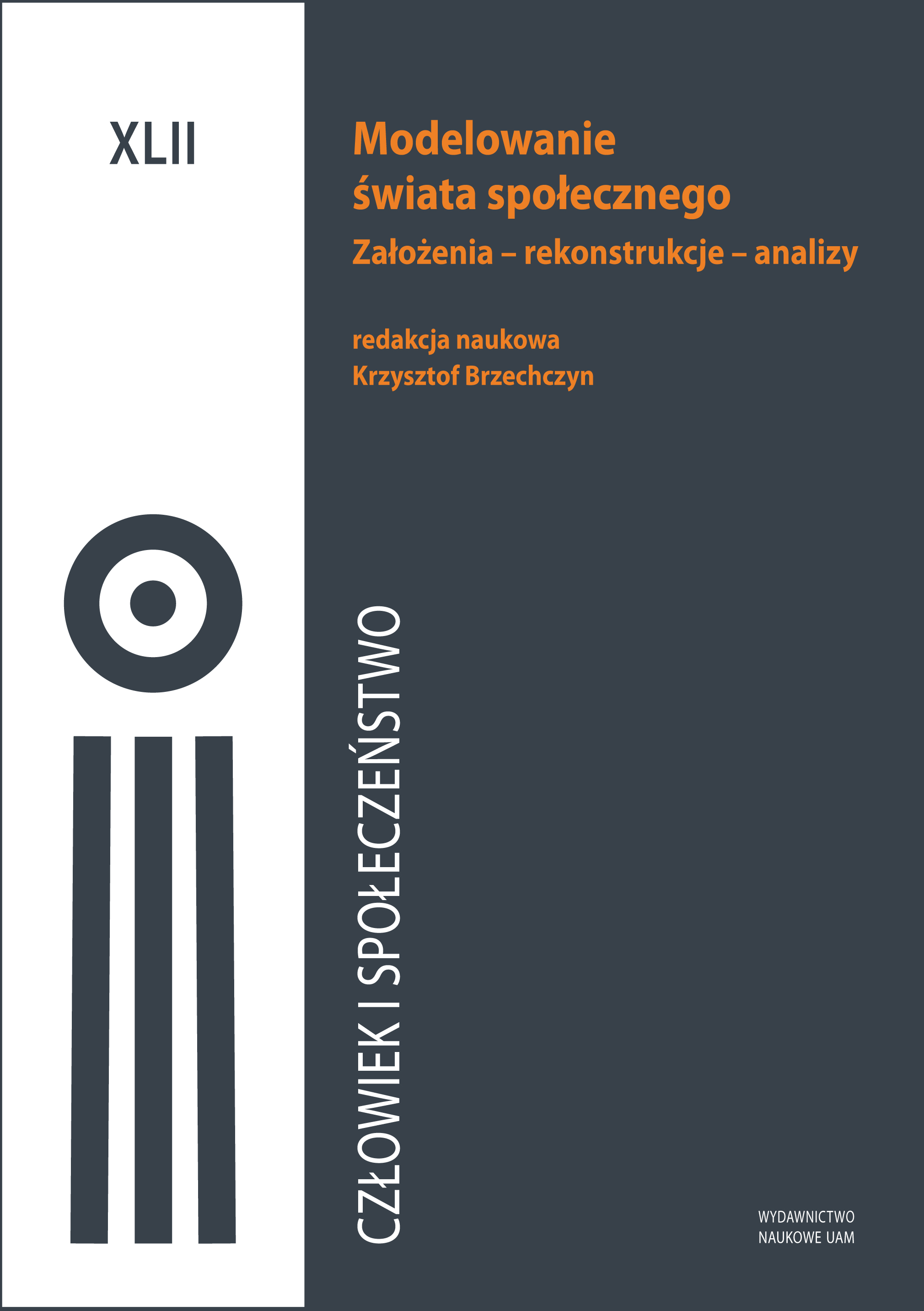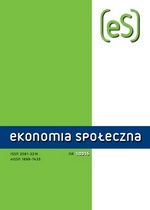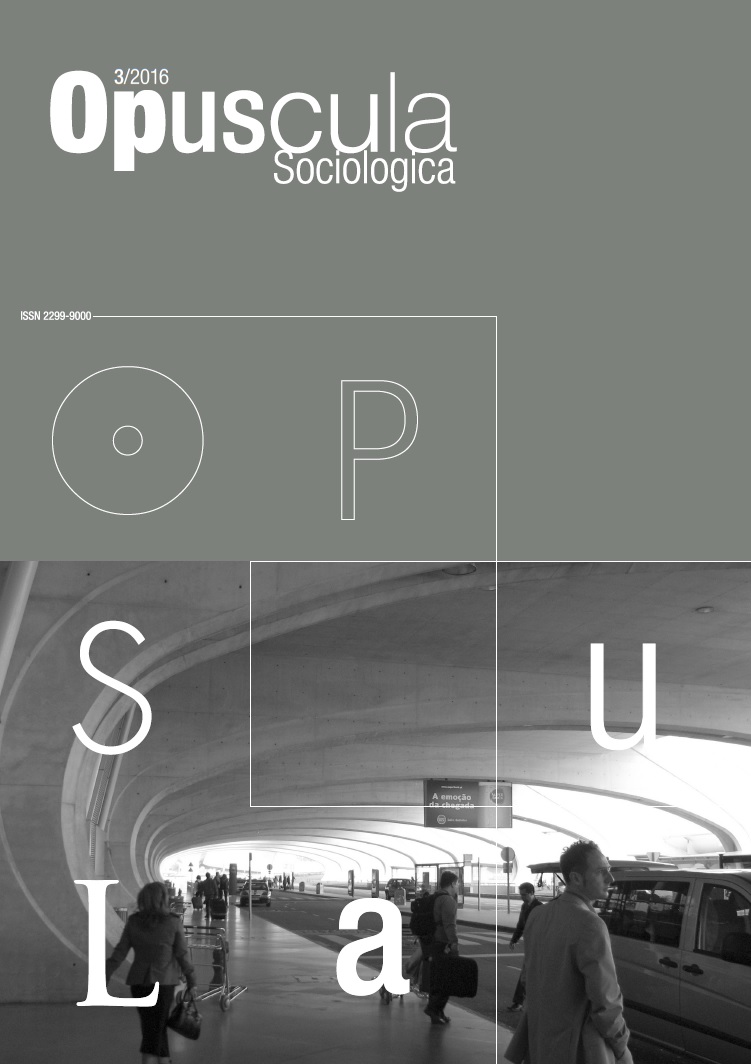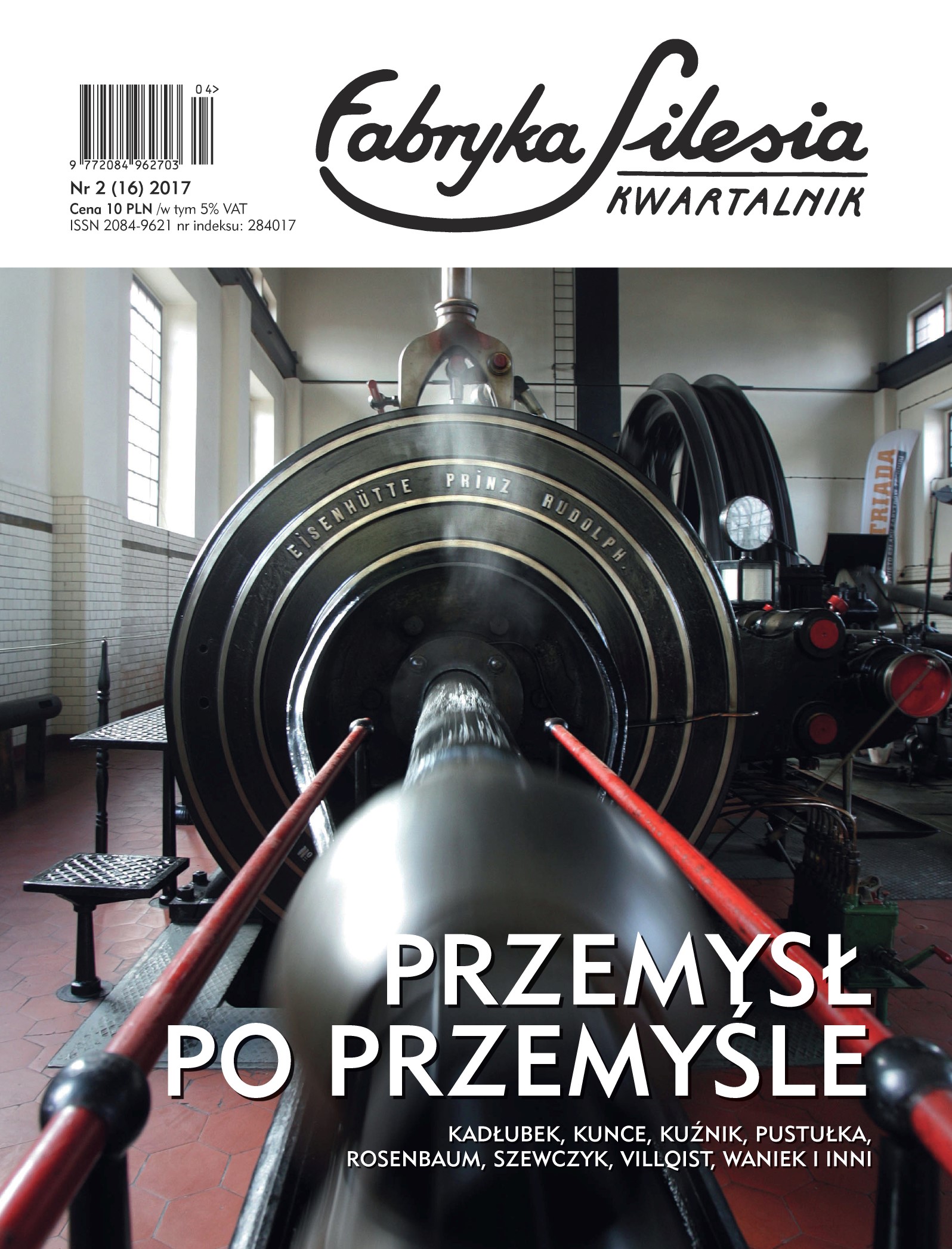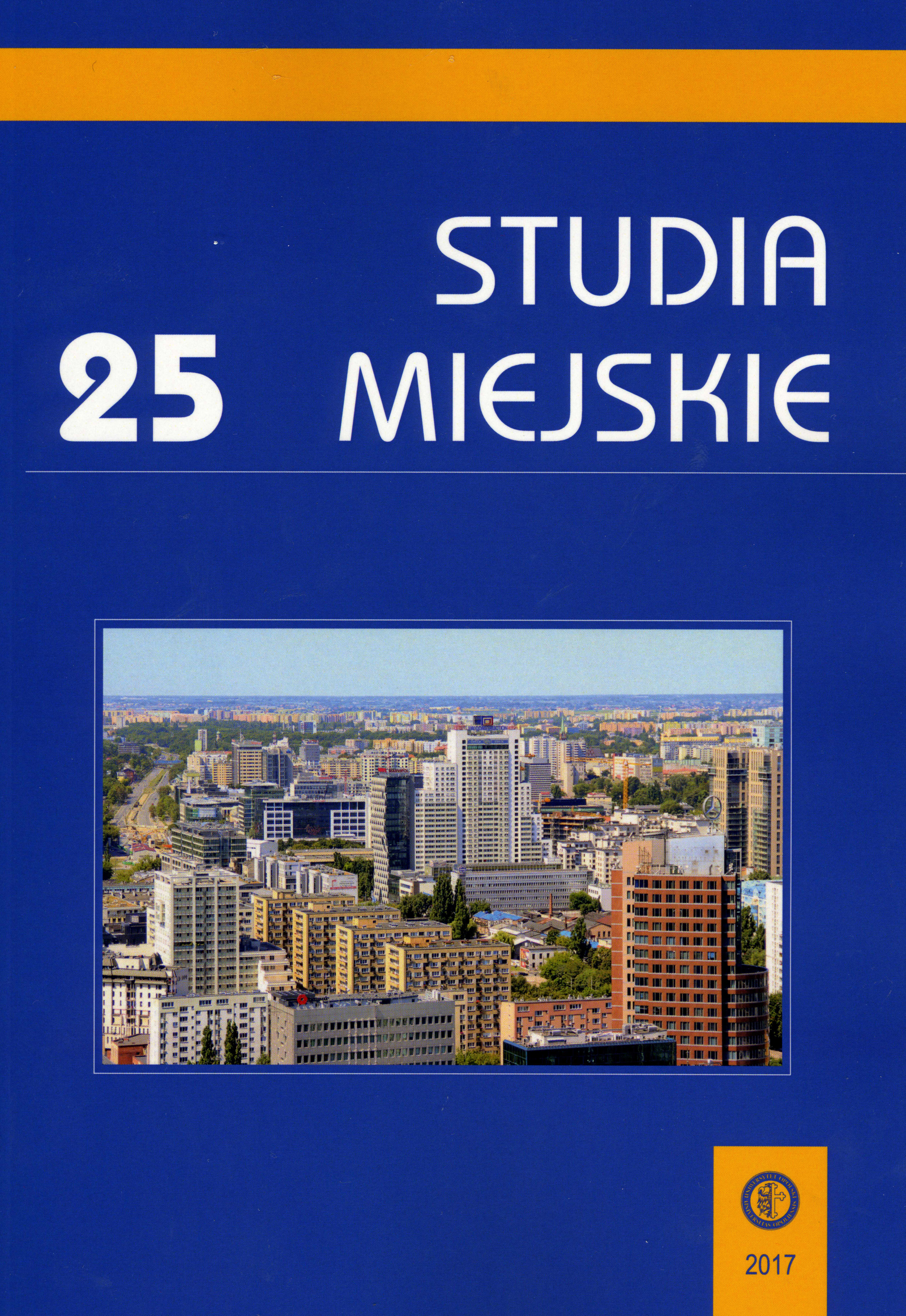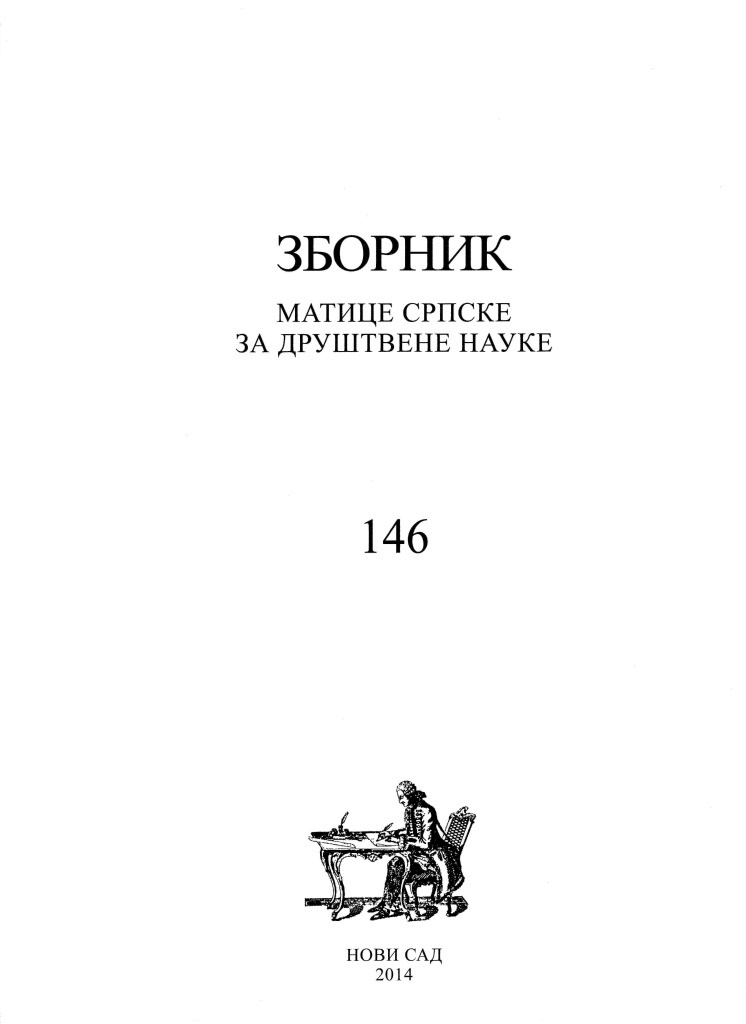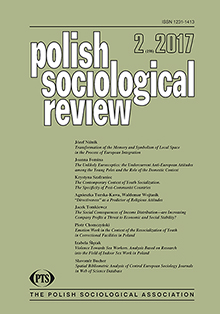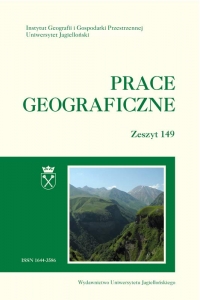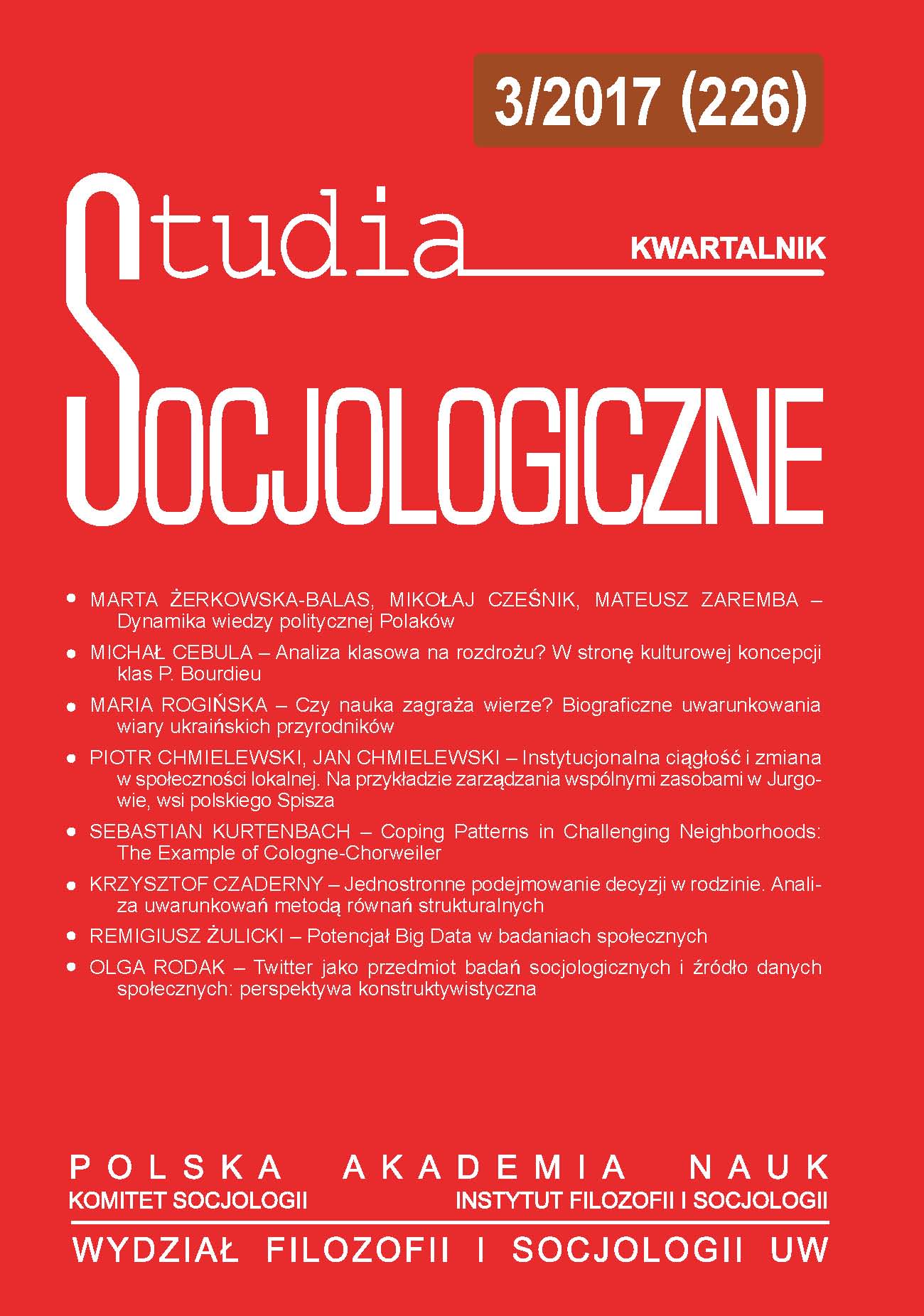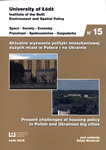
Wymiar społeczny programu Mia100 Kamienic w Łodzi
The article presents results of a survey conducted among ‘new residents’– those who moved into buildings renovated in the Program City of a Hundred Tenement Houses for the first time. The main goal of the article is to present the identified reasons for choosing a given place of residence and evaluations of this decision. The survey was carried out in buildings from which all ormost of the residents moved out in connection with the repair and renovation works.W artykule zaprezentowano wyniki badań ankietowych przeprowadzonych w 2015 r. wśród mieszkańców budynków wyremontowanych w ramach Programu Mia100 Kamienic w Łodzi. Głównym celem jest przedstawienie motywów i oceny decyzji o wyborze miejsca zamieszkania. Badania odbyły się w budynkach, w których do początku 2015 r. został zakończony remont kapitalny kamienicy, związany z wyprowadzką wszystkich lub większości mieszkańców.
More...
